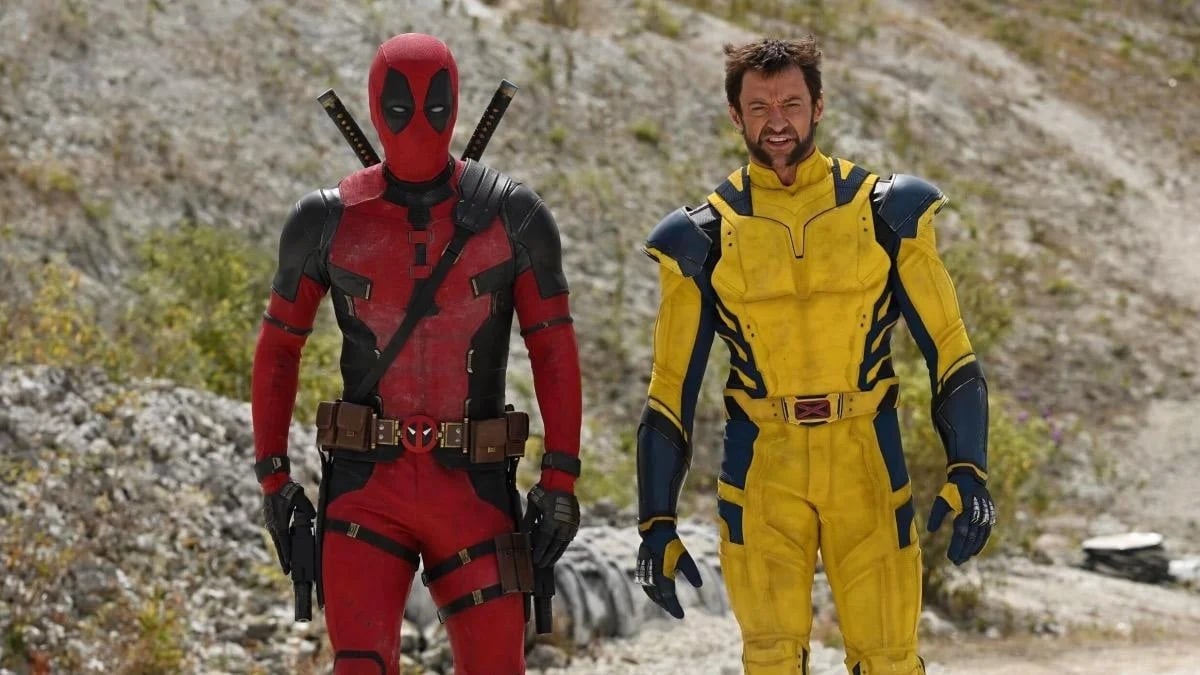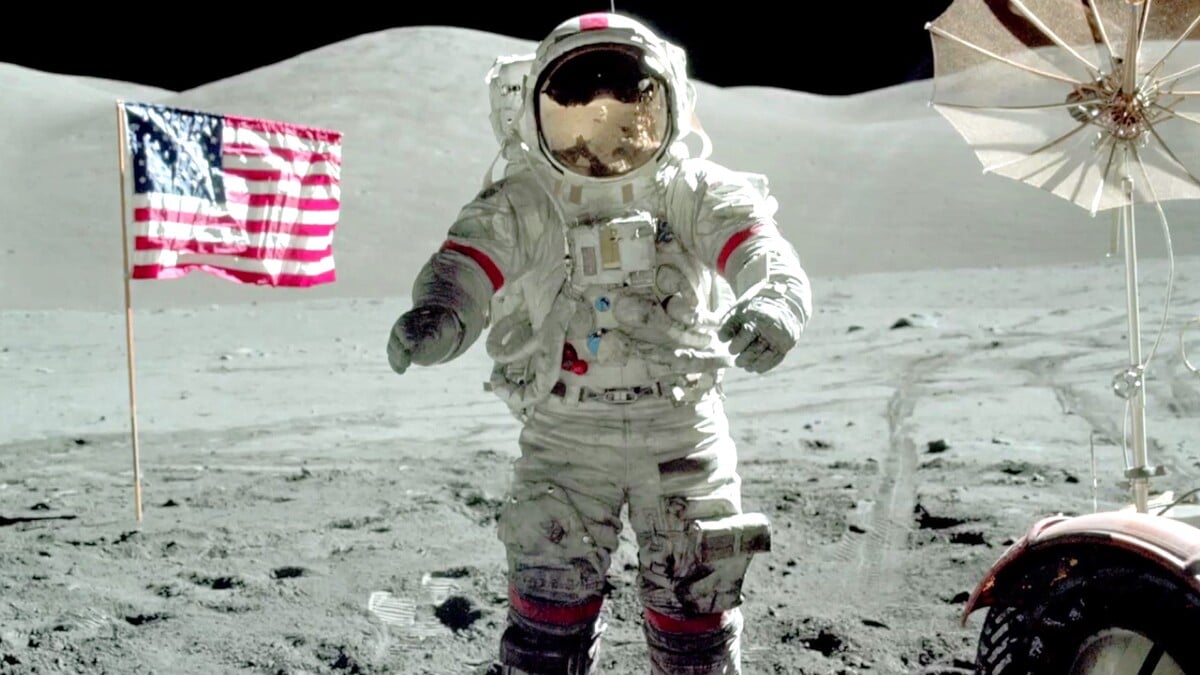Even as the recent Disney movies continue to the divide viewers, the Star Wars prequels remain an ongoing source of ire and ridicule, and one element that particularly sticks in the craw of longtime fans is the introduction of midichlorians, with many Original Trilogy enthusiasts feeling that the mention of these microscopic life forms drains the awe and mystery from the Force. But while it would be tempting to see this development as a sign of George Lucas’ creative decline in the decades between trilogies, the filmmaker had this biological element in mind as early as 1977.
After the first film’s success, Lucas set about mapping out the logic of the Star Wars galaxy, and it was apparently here that he first came up with the term “midi-chlorians.” In J.W. Rinzler’s book The Making of Star Wars: The Definitive Story Behind the Original Film, the director’s old notes are reprinted as follows:
“It is said that certain creatures are born with a higher awareness of the Force than humans. Their brains are different; they have more midi-chlorians in their cells.”
While you could argue that this early mention of the notion lends credibility to midichlorians as a deeply engrained part of Star Wars lore, it also probably says something about this scientific element that it was completely left out of the Original Trilogy. What’s more, while the concept may have received a warmer reception if it was introduced in the franchise’s early stages, most fans had come to appreciate the enigmatic nature of the Force by the time this relatively dry explanation was offered twenty-two years later.
Funnily enough, last year’s Star Wars: The Last Jedi seems to go against this notion of Force sensitivity being inherited in your bloodstream with its suggestion that anyone has the potential to be a Jedi, regardless of how lucky they were at birth. Of course, Rian Johnson’s film has received its own share of accusations of tarnishing the franchise’s legacy, but that’s a story for another time.

































Published: Nov 18, 2018 10:13 am